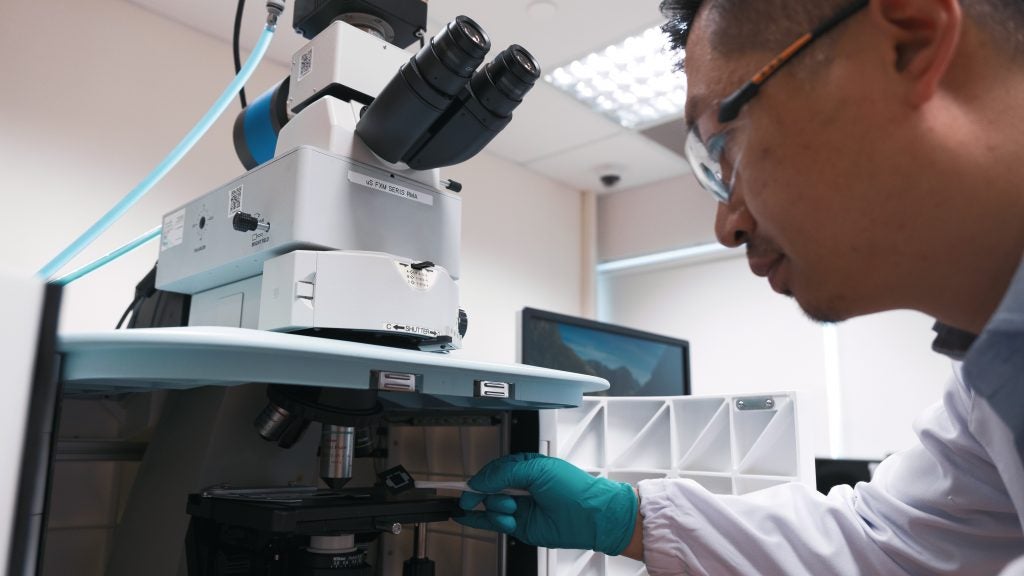Natural gas is the cleanest of all fossil fuels, and its popularity as an energy source is growing around the world. Singapore, for example, relies on natural gas for more than 95% of its energy needs.
But storing it safely and affordably remains a challenge.
Now, in a breakthrough discovery, researchers from NUS Engineering have devised a method to convert natural gas into gas hydrates or Solidified Natural Gas (SNG). Sometimes called 'combustible ice', SNG is a non-explosive solid that can be easily transported and stored long term.
Using an innovative, low-toxicity additive mixture - most of which is simply regular water - the conversion process from gas into solid can be completed in just 15 minutes. The process converts high volumes of gas into pellets consisting of molecules of natural gas trapped in ice-like "cages" formed by water molecules.
These can then be stored for later use at normal atmospheric pressure in conditions no different from a standard domestic freezer.
The discovery opens the way to economical long term storage of natural gas, helping to avoid power supply disruptions and boosting the energy security of natural gas importers like Singapore.

The NUS team was led by Associate Professor Praveen Linga (left) from NUS Chemical and Biomolecular Engineering and Research Fellow Dr Gaurav Bhattacharjee. Their paper was published recently in
A similar process of gas hydrate formation happens in nature, but is extremely slowly taking millions of years.
Other researchers have managed to speed up SNG formation artificially, but these processes have used highly toxic additives which are unsafe for both the environment and personnel involved.
The new additive mixture formulated by the NUS researchers contains L-tryptophan, well known as an essential amino acid in people's diet. This muscle-building amino acid can also greatly speed up the caging of natural gas into solid hydrate. The NUS formulation produces the fastest reaction rate to date - more than twice as fast as existing standards - while being less toxic and safer to handle.
Research Fellow Dr Gaurav Bhattacharjee, who worked on the project, said: "Our breakthrough can really be put into perspective when you consider that it takes millions and millions of years for gas hydrates to form in nature, yet with our correct addition of secret ingredients to the system in small quantities, the same process can be effected in the laboratory in a matter of minutes."
For more see NUS News.





